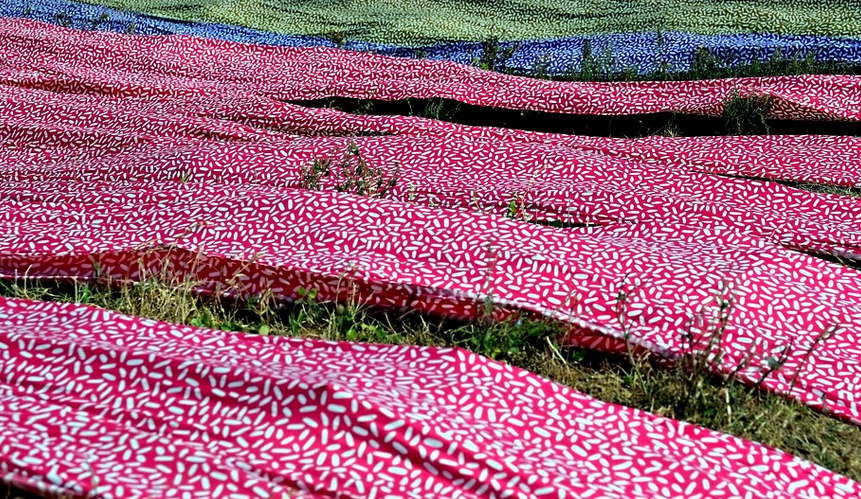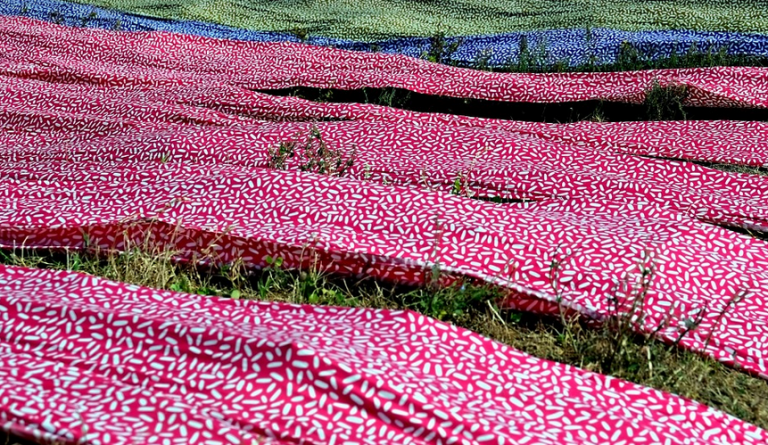
Unlocking the Secrets of a Culinary Delight
Let’s dive into the world of stovetop stuffing, a comforting classic that can bring warmth to any holiday table. But as with many dishes, there are questions about whether this beloved side dish aligns with Jewish dietary laws, known as kosher.
Many people enjoy stuffing – but do they know what makes it suitable for kosher consumption? That’s exactly what we’re here to explore!
We’ll break down the elements that make stuffing kosher and uncover any potential challenges. This journey through the world of stovetop stuffing is meant to empower you with knowledge, so you can enjoy this dish while staying true to your religious traditions.
To understand if a specific recipe for stovetop stuffing is kosher, it’s crucial to consider its ingredients and cooking method.
First, let’s address the stars of the show – the main ingredients: The core concept of kosher food involves avoiding certain meat products. Jewish law dictates that these substances must be sourced from animals that are slaughtered according to specific rituals. To ensure your stuffing is kosher, the meat products used should come from sources that adhere to those guidelines.
Let’s delve into this point further: Meat-based stuffing and dairy-based stuffing – both play different roles in a meal. For instance, if you incorporate beef or pork into your stuffing, it will likely be considered non-kosher. The key is understanding the meat components of your dish!
The crucial ingredient for many traditional stuffing recipes lies in the bread component. You’ll often find breadcrumbs mixed with savory ingredients like vegetables, herbs, and spices. These are all essential elements that can make your stuffing truly delicious!
There’s also a specific set of guidelines regarding the type of bread used in stuffing. The most common type of bread for traditional stuffing is wheat bread. This choice aligns with kosher dietary laws because it comes from a variety of grains, which are considered acceptable.
To ensure your stuffing is kosher, you must be mindful of how these ingredients interact. A key point to remember: Using dairy products in stuffing makes the dish non-kosher! Dairy and meat should never mix!
Now, let’s talk about the cooking process – a critical factor in determining if your stuffing is kosher. Stovetop cooking is generally considered kosher as long as you follow specific guidelines for heat management.
Cooking on a stovetop can be considered safe when done correctly. When it comes to preparing meat and dairy, you need to consider the way you cook your ingredients.
To address this point: Cooking meat and dairy separately is crucial to ensure your stuffing stays kosher!
If you’re unsure or have any concerns about the preparation of your ingredients for homemade stuffing, it’s essential to consult with a knowledgeable rabbi. A religious authority can provide guidance based on individual circumstances and specific recipes.
So, there you have it – the essence of why stovetop stuffing often aligns with kosher guidelines! Understanding these core principles empowers you to make an informed choice for your own cooking experiences and enjoy this comforting dish with confidence.
Let’s keep in mind that every recipe has its nuances, so a little research can go a long way! Remember, the journey of making delicious food is all about mindful choices. You have the power to create a meal that aligns with your beliefs and brings joy to your table.
Happy cooking!


